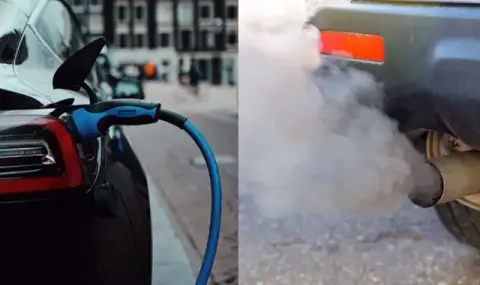Shortening the life of passenger vehicles will definitely have no effect on reducing greenhouse gas emissions, and will only lead to increased costs and increased material consumption. This is clear from a new report published in the journal Environmental Research: Infrastructure and Sustainability.
The study by American scientists showed that in the United States, passenger cars generate 17% of annual greenhouse gas emissions, but the introduction of a 15-year service life will not lead to a significant improvement in the environmental situation.
Environmentalists have long proposed reducing the amount of time cars can be used to speed up the transition to electric cars. However, the study found that such restrictions could increase the negative environmental impact of electric vehicles.
This will happen due to the greater consumption of materials and increased ecotoxicity associated with battery production. In addition, mass adoption of electric vehicles requires large costs that exceed the current carbon footprint.
The study also found that limiting car use would only be beneficial if additional measures were taken at the same time. These measures include reducing the amount of emissions that occur in electricity production, improving fuel efficiency and reducing harmful emissions from vehicle production.
A team of researchers from the University of Toronto confirms the study of their American colleagues by using the FLAME model to analyze how the reduced life of electric vehicles and battery degradation affect greenhouse gas emissions from passenger vehicles. This helps to assess how effective and cost-effective such a restriction is, and the result is that it is definitely not effective.
